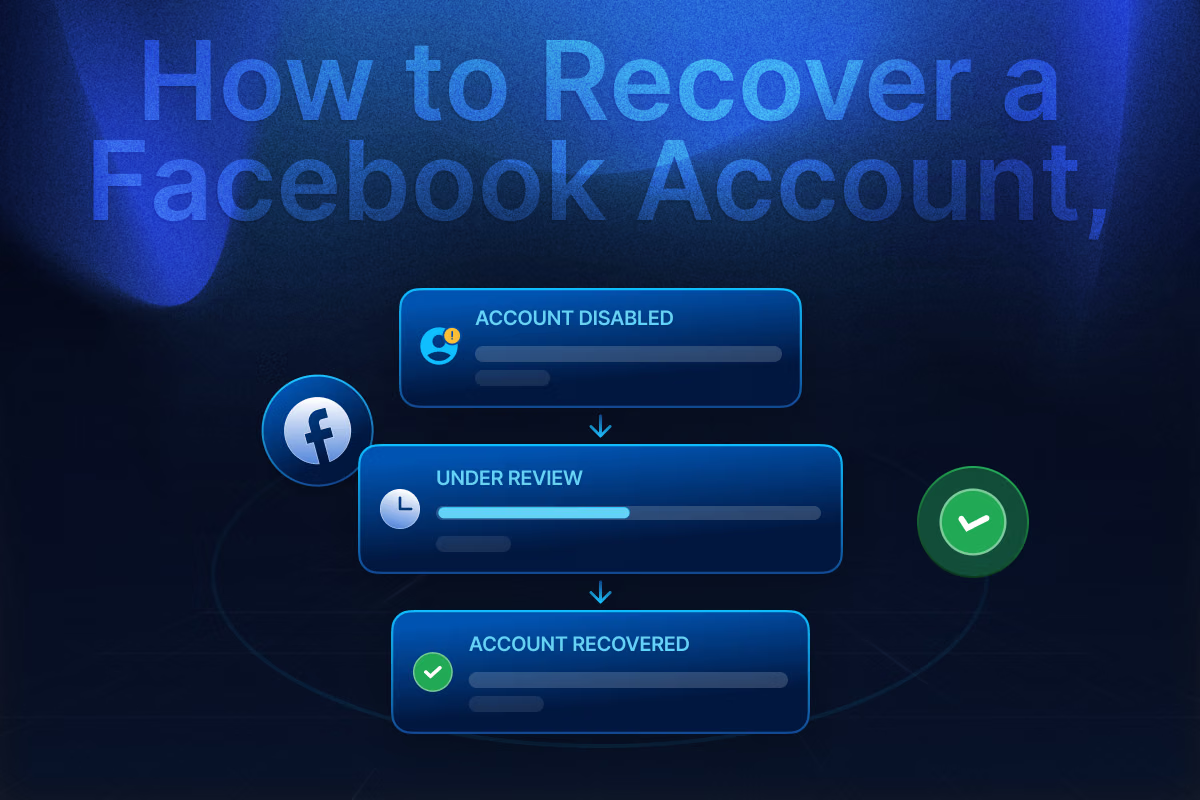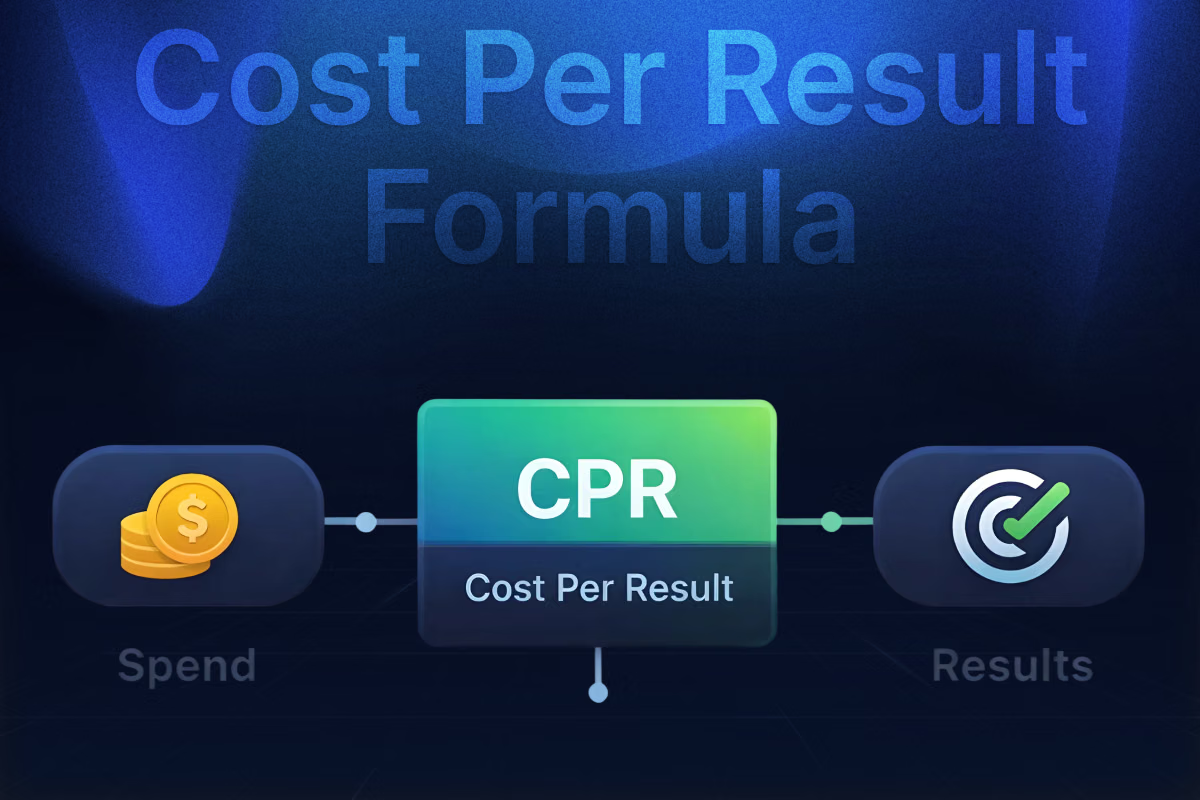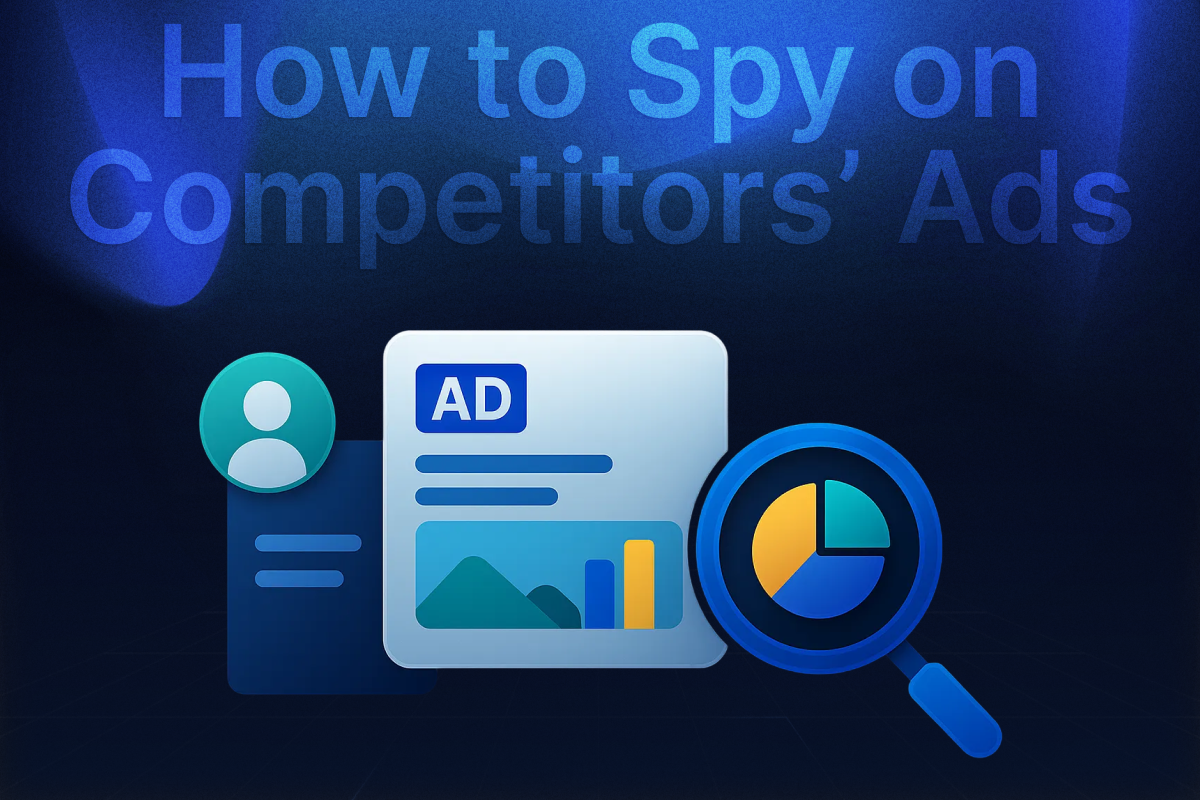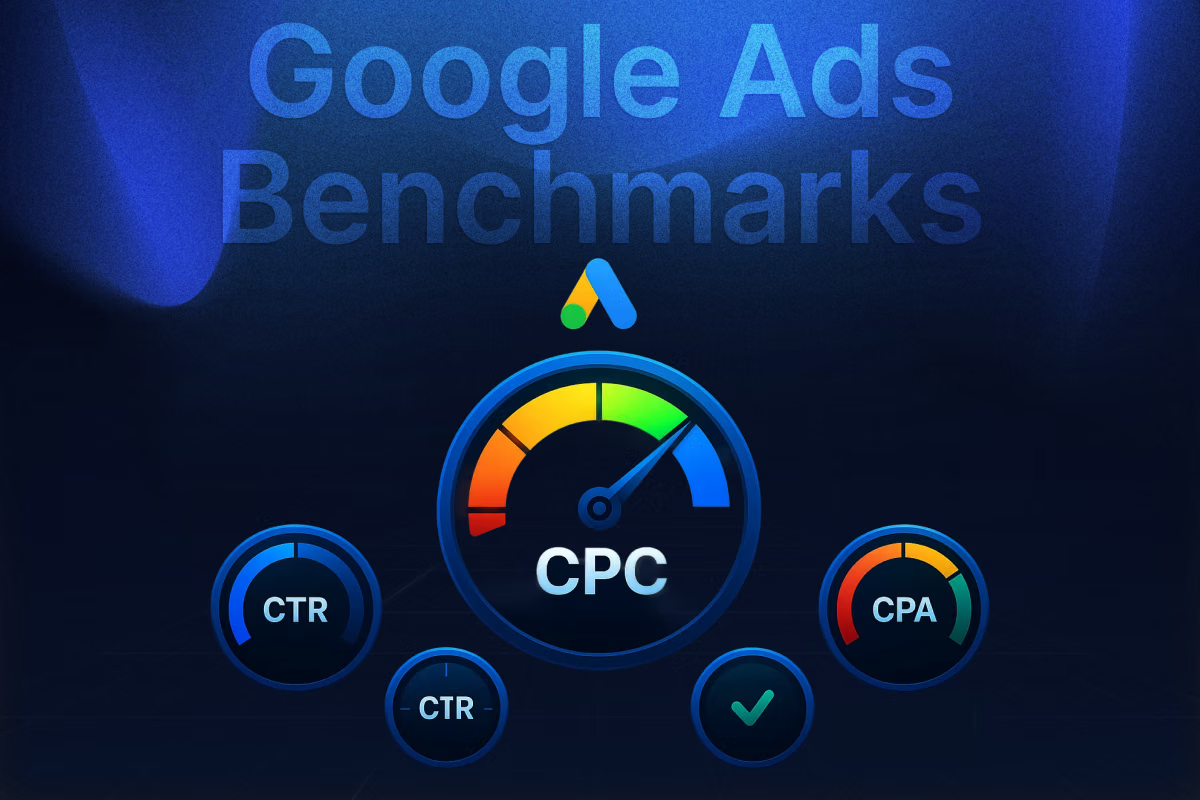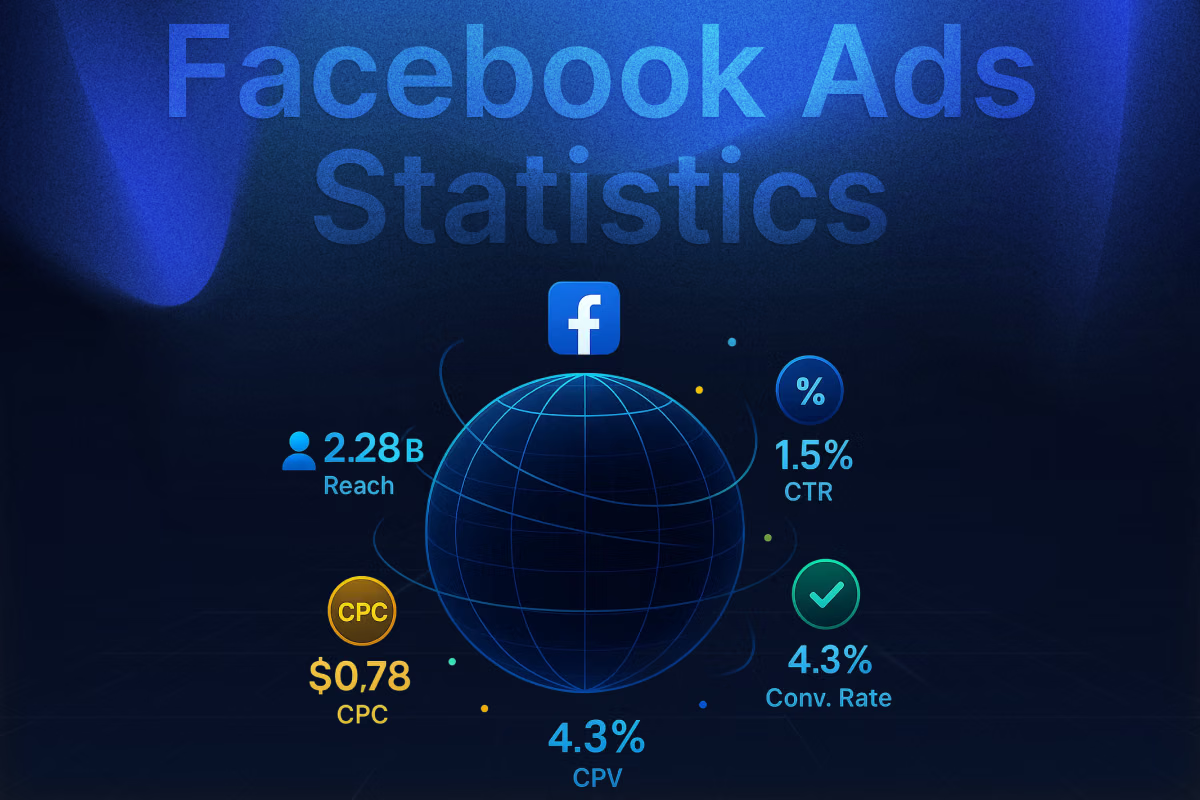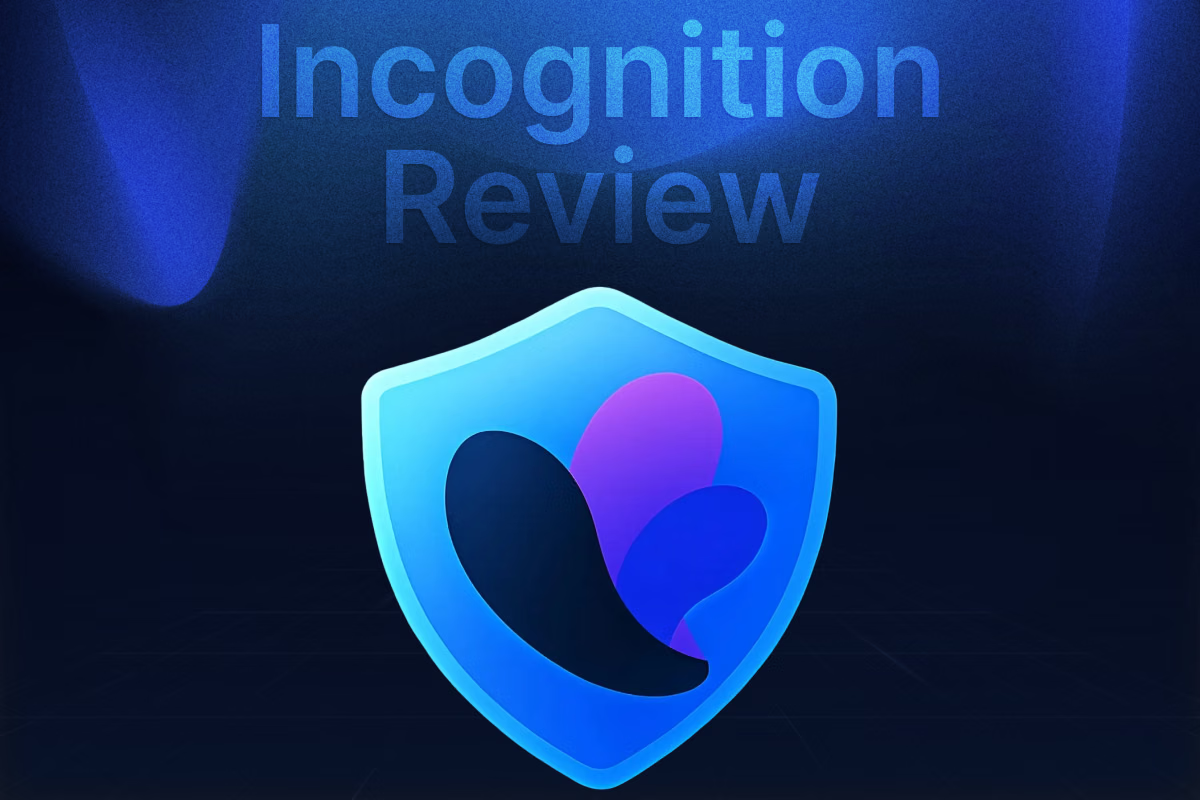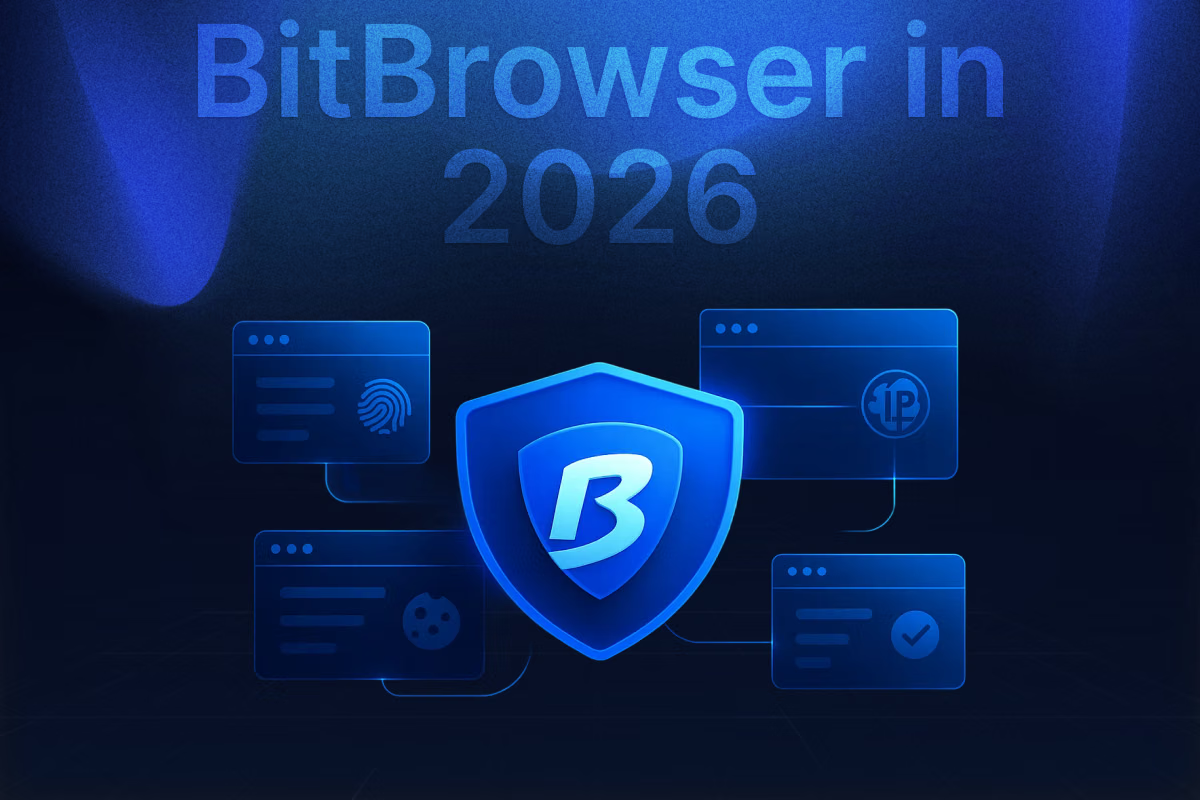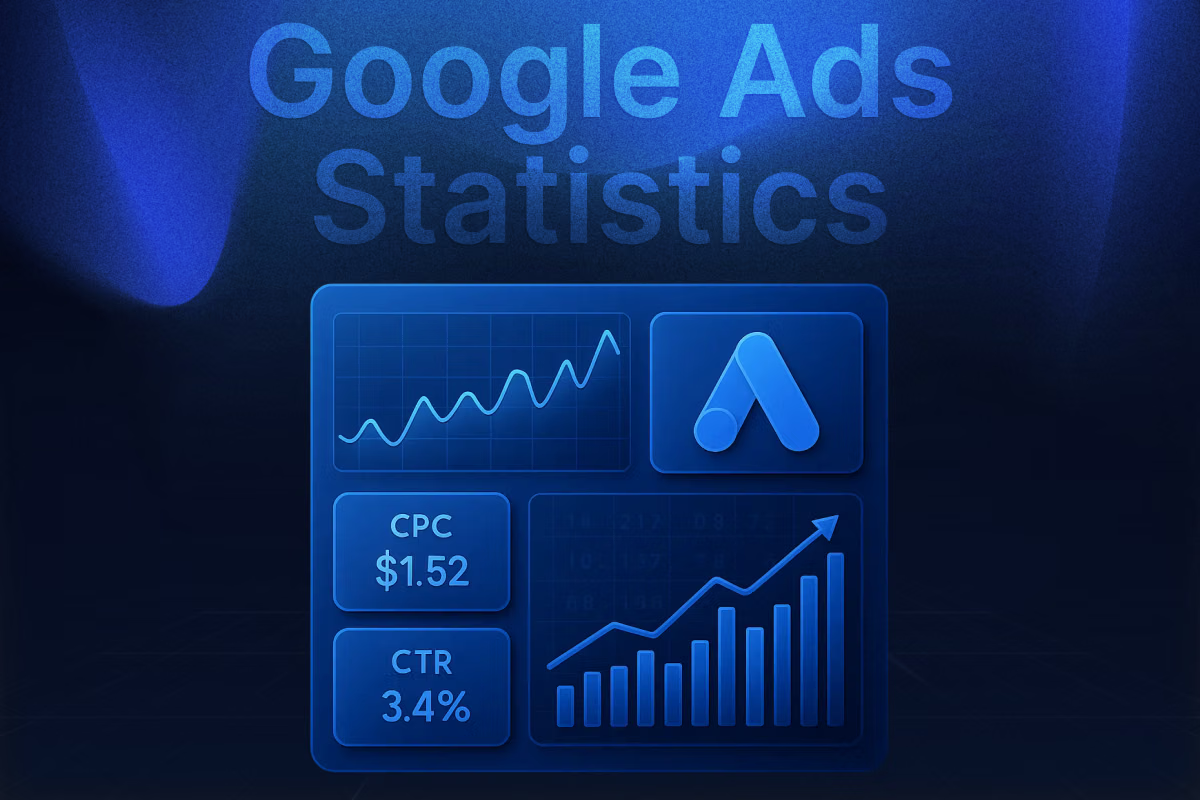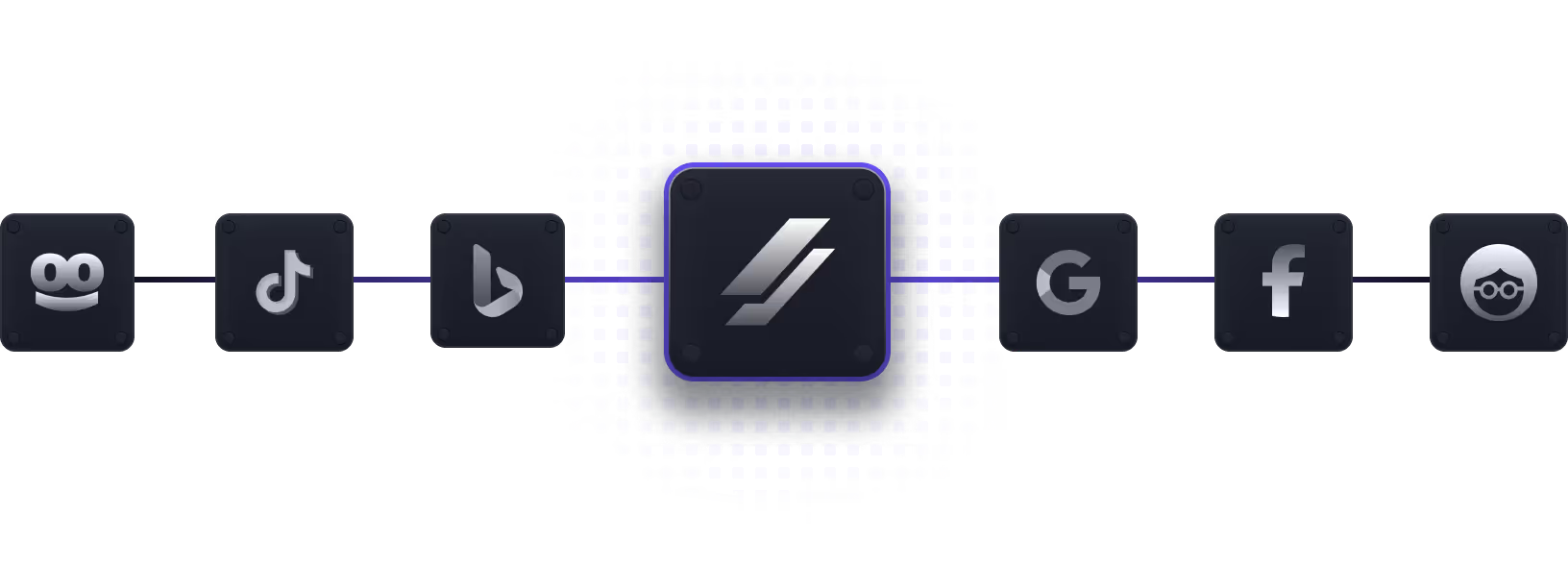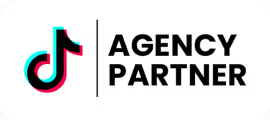Running Facebook ads can be frustrating. One day everything is working, and the next your ad account is restricted. For many e-commerce businesses, especially in competitive niches, this is a common issue. When your account gets flagged or banned, it halts your sales, disrupts your funnel, and wastes valuable time.
Agency ad accounts have become a practical solution. They help advertisers avoid restrictions and scale faster. If you’ve heard of them but aren’t sure how they work, this guide explains what you need to know.
What Are Agency Ad Accounts?
Agency ad accounts are Facebook advertising accounts provided by agencies that are officially recognized as Meta Marketing Partners. These agencies have a long-standing relationship with Meta, allowing them to create ad accounts that come with higher trust, fewer restrictions, and direct support access.
As an advertiser, you don’t own the ad account. Instead, the agency gives you access to run campaigns while they handle billing and backend management. You operate these accounts through your Ads Manager just like any other ad account, but with the added benefits of faster approvals, higher spend limits, and greater stability.
What makes them different is how Meta treats them behind the scenes. Because these accounts are connected to a verified agency with a strong ad history, they’re less likely to be flagged or banned unfairly.
Types of Agency Ad Accounts
Agency ad accounts vary in two important ways: by billing method and by geographic region. These factors influence account stability, ad approval reliability, and suitability for specific verticals like e-commerce, gambling, or finance.
Billing Models: Credit Line vs. Credit Card Accounts

Credit Line Accounts are funded through a pre-approved credit pool that the agency holds with Meta. These accounts are generally more stable and are preferred during high-volume seasons like Q4 or major product launches. Because payment failures are less likely, advertisers don’t have to worry about campaigns getting paused due to a declined card. However, agencies typically reserve credit-line accounts for whitehat advertisers with high and consistent spend. A single policy violation can jeopardize the agency’s credit line — which is exactly what happened to Whitelist Pro in late 2025 when Meta revoked $10M in credit after noticing them promoting that they accept blackhat businesses at Affiliate World Dubai.
Credit Card Accounts are funded via traditional card payments (agencies own credit cards). While they’re more vulnerable to payment issues like bank limits or declines, they’re favored by grayhat and blackhat advertisers. The reason is simple: if the account is restricted, only the card get’s frozen — not a shared credit pool. This makes them a safer option for riskier campaigns.
Uproas offers both credit-line and credit-card agency accounts, giving you the flexibility to choose based on your business model and vertical.
Regions: HK vs. EU/US Agency Accounts

HK (Hong Kong) agency accounts are common but have several limitations. These accounts typically restrict how many pages and Business Managers can run traffic to. They are working the best with Whitehat or Finance verticals.
EU and US agency accounts are considered the highest quality. They come with fewer limitations and higher trust scores. These accounts are much more stable and are the preferred choice for advertisers running in sensitive or competitive industries. Whether you're in gambling, crypto, finance, nutra, supplements, or even a standard whitehat business, EU and US accounts offer better protection and higher chances of long-term stability.
Not Sure which account type is the best for your use-case? Don’t worry, reach out to us and our team will help you choose the right account type.
Why Use an Agency Ad Account?
The main reason advertisers turn to agency accounts is stability. Facebook’s review system is automated and unpredictable. Even legitimate ads can be flagged, especially on new or low-trust accounts. Agency accounts significantly reduce that risk.
With an agency account, you also skip the slow warm-up phase most new accounts go through. You can start with higher budgets right away and increase spend quickly if your campaign is performing well. This is especially important for verticals like gambling, crypto, finance, and nutra, where fast scaling is often necessary and regular ad accounts tend to get restricted before any meaningful results can be achieved. This flexibility is also crucial if you're launching a new brand that needs to scale quickly, or running a seasonal store where timing and speed directly impact revenue.
Another key benefit is access to direct Meta support through the agency. If something does go wrong, the agency can escalate issues to Meta on your behalf, resolving them up to 10 times faster than standard support channels. You can also pre-vet ad creatives before launching, which helps avoid disapprovals. Agencies can get feedback directly from Meta reps on how to modify or improve creatives to ensure they comply with policy.
Agency accounts are also the go-to choice for advertisers running in gray or restricted niches. Campaigns in verticals like gambling, finance, or nutra, which are difficult or impossible to run on regular ad accounts, are often viable through agency accounts. This is because agencies with strong reputations and high-volume histories can often get ads in sensitive categories approved more reliably.
Some advertisers have also reported that CPMs (cost per thousand impressions) tend to be lower on agency accounts compared to regular accounts. While this isn’t guaranteed, the higher trust level of these accounts may lead to more favorable ad auction outcomes and more consistent delivery.
Another advantage is payment flexibility. While regular Facebook accounts typically require credit cards or are limited to invoicing, agency accounts often allow funding via crypto or bank transfer, giving advertisers more freedom in how they manage cash flow.
Lastly, agencies can provide an unlimited number of ad accounts. This is especially valuable for high-volume advertisers who want to segment campaigns, test different angles across multiple accounts, or maintain backups to ensure there’s never downtime. If one account gets restricted, another can be activated instantly — meaning your ads never stop running.

What Does It Cost?
Agencies typically charge a percentage of your ad spend, usually between 4% and 10%. This fee covers access to the account, support, and account maintenance. Some agencies offer flat-rate pricing or hybrid models, but the spend-based model is most common.
For example, if you're spending $10,000 a month and the agency fee is 5%, $500 would be deducted from your top-up amount as the agency's fee. The cost is tied to your growth, which makes it easier to justify if the account helps you scale successfully.

Misconceptions About Agency Accounts
Some people believe agency accounts are only used by advertisers running shady campaigns. That’s not true. Many legitimate businesses use them to ensure more reliable ad delivery and support. In fact, most whitehat businesses rely on agency ad accounts to safeguard their pixels and ad accounts from unnecessary restrictions or bans. These accounts also offer a higher chance of recovery if something does go wrong, thanks to the agency's direct communication with Meta.
Another myth is that these accounts are immune to bans. They’re not. You still have to follow Meta’s policies. The difference is, the trust level is higher, so you’re less likely to be mistakenly flagged. And if a ban does happen, agencies can quickly provide a replacement account, minimizing downtime and keeping your campaigns live.
And no, you don’t lose control of your advertising. You still manage everything inside Ads Manager. The agency only shares the ad account with you — they do not get access to your pixel, Business Manager, or internal assets. You retain full control over your campaigns, creatives, and strategy, while the agency simply facilitates access and handles the backend billing.
How to Use Agency Accounts Effectively
Even though agency accounts offer enhanced stability, maximizing their benefits requires a strategic approach. Here's how to make the most of them:
1. Establish a Bulletproof Account Structure
Begin with a robust foundation. Implementing a solid account structure minimizes risks and enhances scalability. For detailed guidance, refer to this resource: Bulletproof Facebook Ad Structure.
2. Pre-Vet Creatives Before Launch
Before launching any ad, especially in sensitive niches, have your creatives reviewed. Agencies like Uproas can coordinate with Meta reps to ensure your ads comply with policies, reducing the risk of disapprovals.
3. Understand Compliance and Bypass Strategies for Gray/Blackhat Campaigns
If you're operating in gray or blackhat niches, it's crucial to be well-versed in Meta's compliance policies and understand methods to navigate them responsibly. Engaging with specialized communities and resources can provide insights into maintaining ad longevity in these sectors.

Why We Recommend Uproas.io
Finding a reliable provider is crucial. Some resellers operate without the right infrastructure, and you could end up with unstable accounts or poor support.
Uproas.io stands out for offering verified Facebook agency accounts backed by real Meta partnerships. Their onboarding is fast, support is responsive, and their pricing is transparent — typically in the 4–10% range depending on spend.
They also support multiple ad platforms, including TikTok and Google, which is helpful if you’re running cross-channel campaigns.

Final Thoughts
If Facebook ad restrictions have slowed your business down, agency ad accounts offer a clear way forward. They give you the stability, scale, and support you need to grow without constant disruption.
To learn more or get started, visit Uproas.io.


.png)
